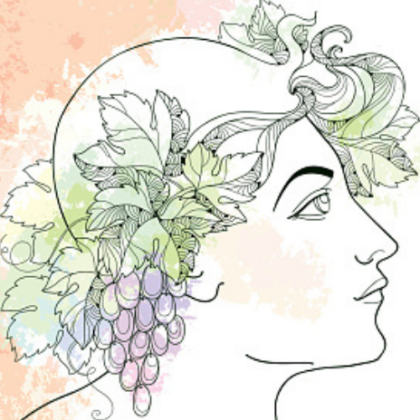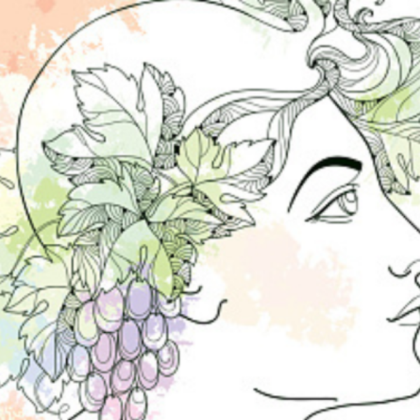MAKING BABY BLUES – INTERVIEW WITH FILM DIRECTOR, NORA AWOLOWO
The July edition of Muses – the arts blog from BJPsych International –features a short interview with Nora Awolowo, a Nigerian film director whose documentary film Baby Blues: Trials of Childbirth is a 74-minute-long exposé about maternal mental health in Nigeria.
Baby Blues co-opts the free-wheeling interview form, relying on first-hand lived experiences of Nigerian women drawn from diverse socioeconomic, religious, and ethnic backgrounds to drive its narrative.
Although the expert opinion of a psychiatrist categorizes these lived experiences into discrete recognisable symptoms, the film’s strength is its co-production ethos, putting women at the forefront of telling their stories.
Less than three percent of Nigeria’s budgetary allocation for health is devoted to mental health, consequently mental health services in general (and perinatal psychiatric services, in particular) are underdeveloped. Opportunities for prompt diagnoses, treatment and management of disorders are often missed.
Baby Blues is a rallying cry of sorts, the first of its kind in recent history, highlighting maternal mental illness and the spectrum of conditions from normal to abnormal that plague women of reproductive age.
Nora Awolowo answered some questions about her film via electronic mail. Her replies have been lightly edited for clarity.
Dami Ajayi (DA): What inspired ‘Baby Blues: The Trials of Childbirth’?
Nora Awolowo (NA): Baby Blues was inspired by the need to tell stories that people were scared to talk about and would educate others.
DA: Did you learn anything new about maternal mental health while making Baby Blues?
NA: Yes, I did, Baby Blues was that project I went into and it felt like I wasn’t prepared for the depth of its discovery. There was always something to learn.
DA: What challenges did you encounter while making the film and how did you surmount them?
NA: The major challenge we encountered while filming was getting people who had experienced this to actually talk in front of the camera. It feels forbidden to talk about it, so getting the women was a problem.
DA: Baby Blues focused on the lived experiences of women from a diverse background providing a rich landscape of Nigeria, how did you approach this?
NA: Setting into preproduction, this was one of the major things we itemised. We needed to cut across different demographic backgrounds. So we listed all the backgrounds we needed to touch base with and tried to make sure we reached a 70% success rate with our interviews.
Link to documentary film preview:
Welcome to Muses – the arts blog from BJPsych International. Launched in March 2022, this new blog aims to highlight international art and artists, particularly from low-and-middle-income countries, with a focus on mental health. We welcome submissions for consideration, such as, comments on artwork, visual arts, literature, drama, films, podcasts, and videos. Do have a look at the instructions for blog authors for details on how to submit. General enquiries about the blog: BJPInternational@rcpsych.ac.uk






